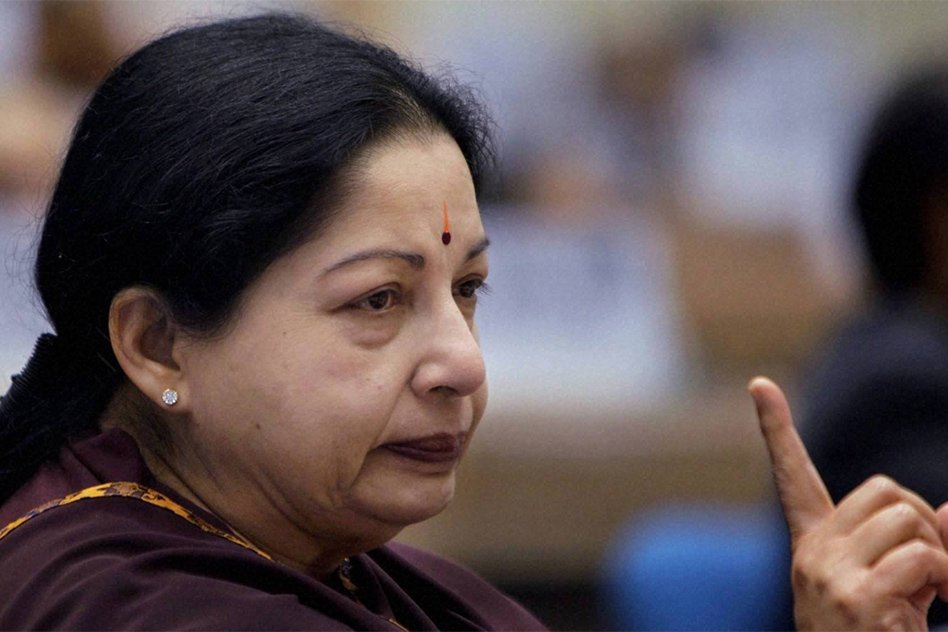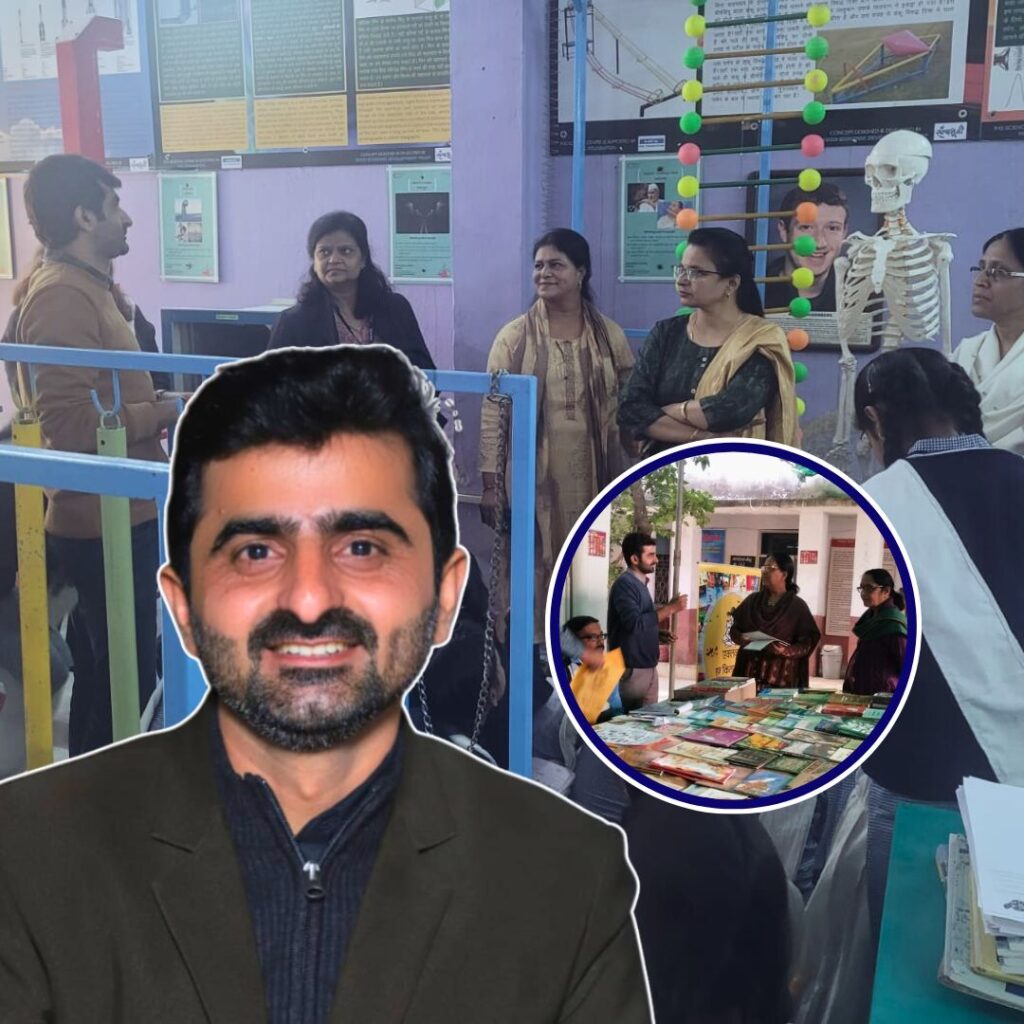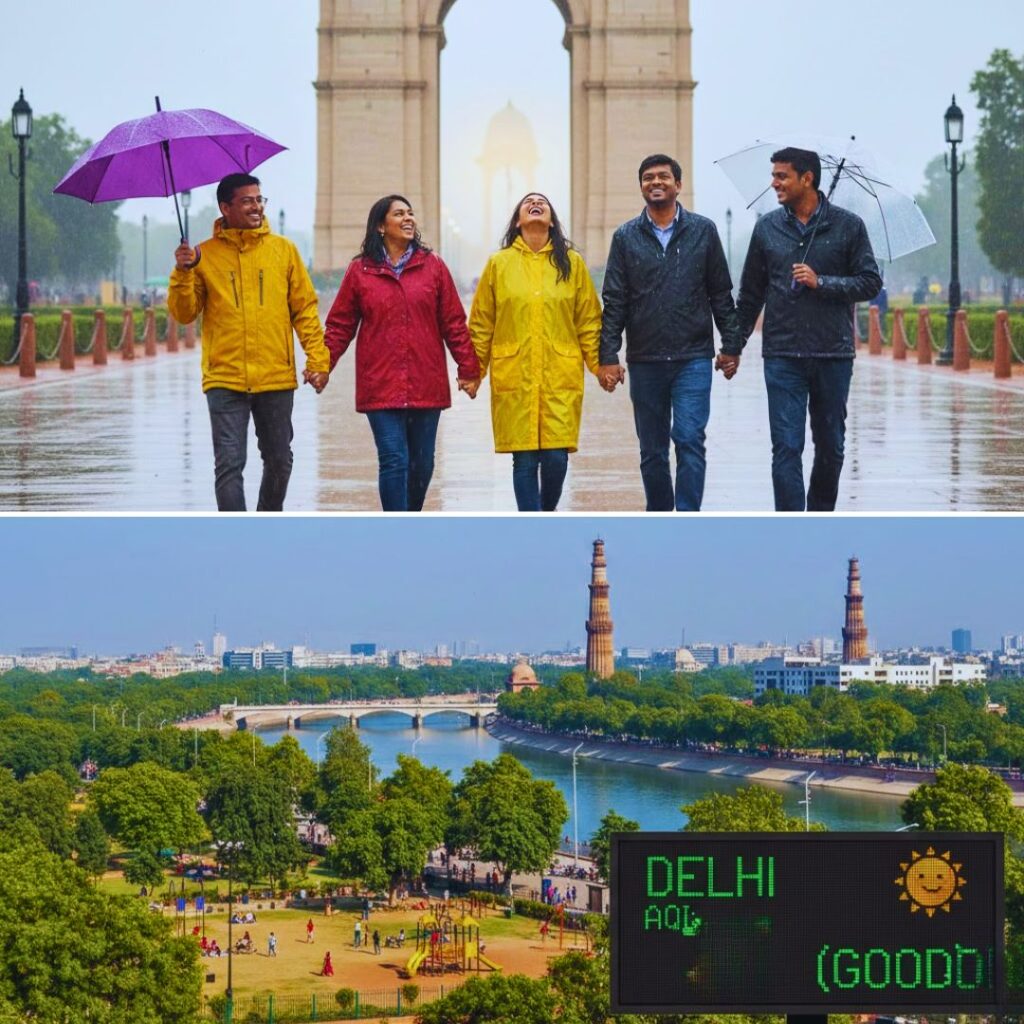Image Source: firstpost
Jayalalitha slaps a defamation case against two media houses for reporting on the causes and effects of the floods. Time and again from rediff.com to Karunanidhi to Subramaniam Swamy, Jayalalithaa has left no stone unturned in intimidating opinions and opposition through defamation cases, this is choking for the spirit of democracy ironically by a very popularly democratically elected leader.
A track record that doesn’t bode well for democracy
Two media houses had reported on the cause of the recent Chennai deluge. The media houses published informed opinions which could have been aptly responded to by the Tamil Nadu Government given the huge PR resources at its disposal. In the worst case, Those opinions could have been ignored. However, the Tamil Nadu government went on to file two defamation cases against the media houses. These defamation cases are a continuation of the number of events where Ms Jayalalitha has been at loggerheads with media, opinions, free thought and democracy itself. Some of her past defamation cases have been against
1.) Rediff.com – For writing on Jayalalithaa’s health
2.) The Times of India – For reporting on increasing accidents in Chennai
3.) Karunanidhi (DMK) – 40 plus cases for opinions on the achievements of government
4.) Subramaniam Swamy – For tweeting on the health of Ms Jayalalithaa
In total 120 cases have been filed.
Post-flood PR activities
Further criticism has arisen over the pompous celebrations of the ADMK within one month of the floods at Chennai and the resulting arrests of activists who had protested against the same. The phone call campaign where Ms Jayalalithaa’s recorded voice was heard over a phone call to many crores of cell phone subscribers of Tamil Nadu. This happened allegedly at a cost of 50 crores. Criticisms of the same are already getting loud and surely more defamation cases are on the way.
Where does Jaya stand in Tamil Nadu’s political class
Tamil Nadu, despite its political class pregnant with many from the movie (arts) industry, has seen a rise in judicial means by which opinions are muzzled out, opinions including that of individuals, media houses, rationalist’s and many other private citizens. From the number of cases mentioned above Jaya indeed stands tall.
Conclusion
TLI condemns this muzzling of simple opinions and criticism which is paramount to the spirit of democracy. It would be hugely re-assuring if party members who had allegedly disrupted the relief work done by private citizens be brought to books. We appeal to the government of Tamil Nadu to reconsider their approach to criticisms. It will bode well for all, particularly for the people of Tamil Nadu, if criticism is responded to and not restricted.












